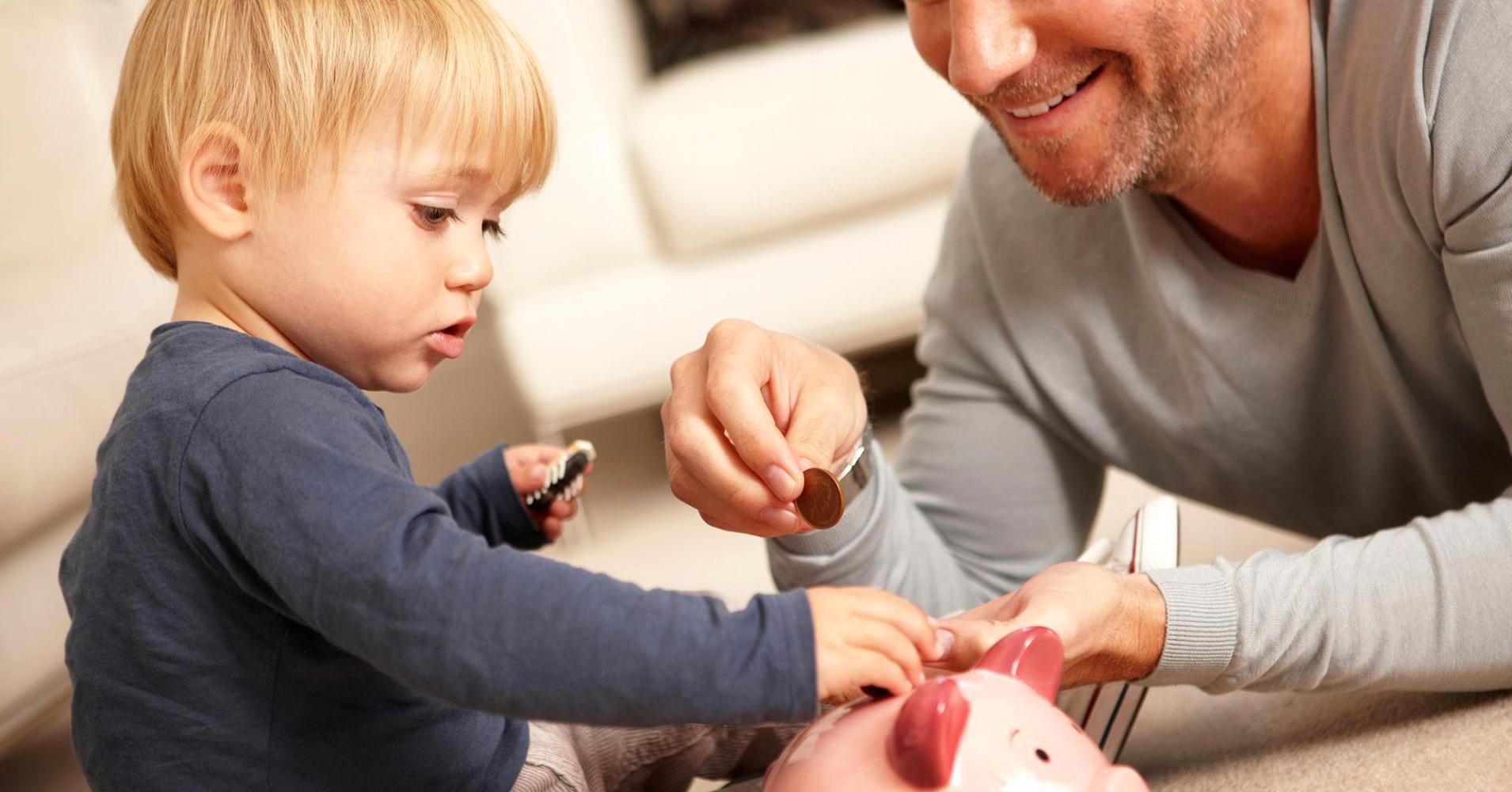At one point or another, we’ve all had our own share of trouble with personal finances. Whether it’s not fully understanding how the interest rate worked on your first credit card, or not properly budgeting to pay off student loan debt, we all could have used a little more early instruction on how to take care of our finances. The good news, however, is that it is practically never too early — or too late to start.
It is key to introduce children to personal finance at an early age. As mentioned in this U.S. News article, there are so many different ways to pay for things nowadays (credit/debit cards, checks, cash, PayPal, Venmo, Apple/Samsung Pay, etc), that it is extremely difficult to convey the concept of money to kids. The intangible nature of our money also makes it hard to explain the value of different products and services vs. how much they cost.
Here are five ways that you can help ensure your kids have a solid foundation of financial skills to lead them to a prosperous future.
Start them young.
It is never too early to start thinking about your offspring’s financial future. The concept of saving and spending can be understood as early as 3 or 4. Consider starting a three-jar system in which to store your child’s money. The first jar should be labeled “Save,” and should be saved over the longer-term for a larger purchase. Label the second jar “Spend,” and allow them to spend this money on smaller items more freely. The third jar should be labeled “Share,” and this money can be used to donate to a cause or charity of the child’s choice. Any time your child receives money, put ⅓ of it into each of these jars. Your child will be able to watch the savings jar fill slowly, while the amount of money in the others will fluctuate depending on how much they spend.
Get them a bank account.
As your child gets older and their cash-flow is outgrowing the holding capacity of the savings jar, it might be time for them to move on up to a savings account at a bank or credit union. A basic savings account will also introduce them to the concept of interest, and how it functions. Show them that just for putting your money in the bank, the bank will give you a small amount of money in return… forever. Having our money work for us is never a bad thing, and a savings account is one of the easiest ways to demonstrate how that works.
Make in-store or online shopping an event.
This one is fun for the whole family! Make your next online or in-store shopping experience an event, and involve the kids. Give them small tasks that will show how to find the best value for their money. For example, try giving your child $5 and ask them to buy certain kinds of fruits, and help them figure out how many of each they can buy. You can also count out cash and let them hand it to the cashier as “practice.” All of these techniques immerse your child into the world of being a consumer, and they will have that much more financial experience under their belt.
Should you give an allowance?
While the debate of whether or not we should give children allowances roars on (and is beyond the scope of this article), giving money to your child for chores or deeds done can be a great way to introduce income into the educational experience. With more income comes more financial freedom, but also more risk, in that they can easily outspend what they earn if a proper budget is not in place.
In this CNBC article, Jim Brown describes how he started his children out at $6 a week at age 6, then went up $1 a week every year after. Regardless of the amount, giving your kids enough money to buy smaller items (like toys) will afford them the opportunity to learn to comparison shop and research the value of the item. Seating these good habits early is key.
Lead by example.
Even if you are not the greatest personal financier, teaching your kids the foundations of good money habits may change your outlook on your own finances. Being in control of your household finances can also help to avoid future problems with credit cards and loans. All of the habits discussed can be scaled up as income grows, and you can start implementing these practices at any time.
With hard work and a little luck, your child will have a good understanding of financial fundamentals by the time they head off to the land of adulting and paying rent and utility bills!

